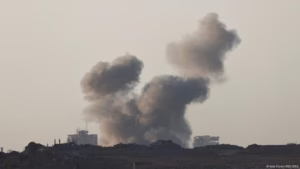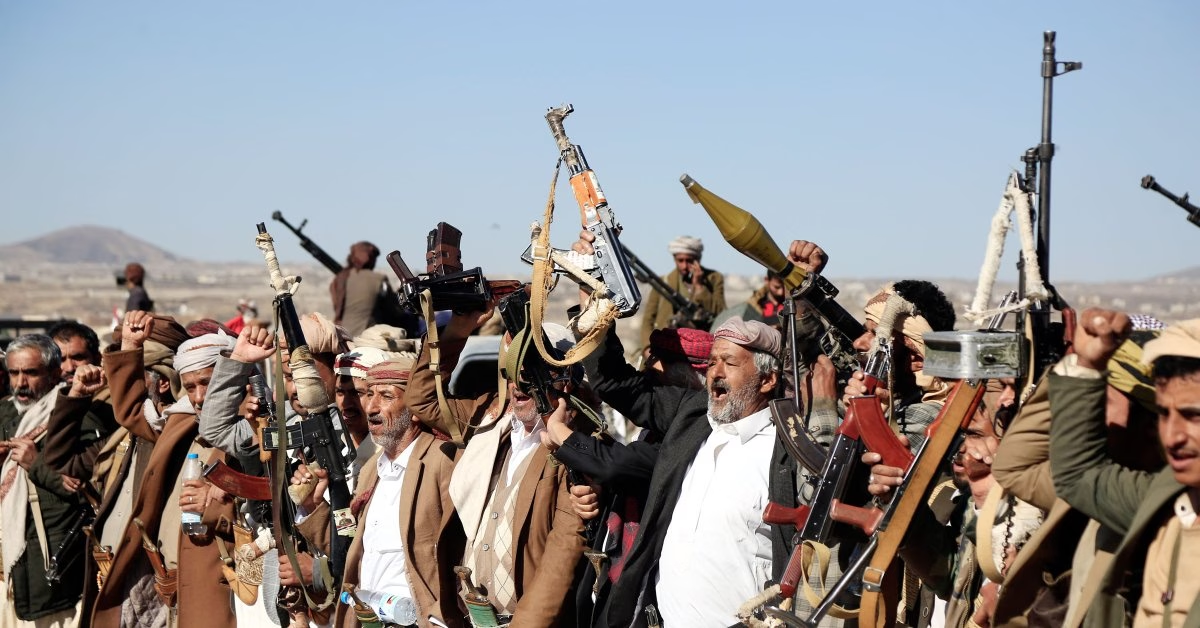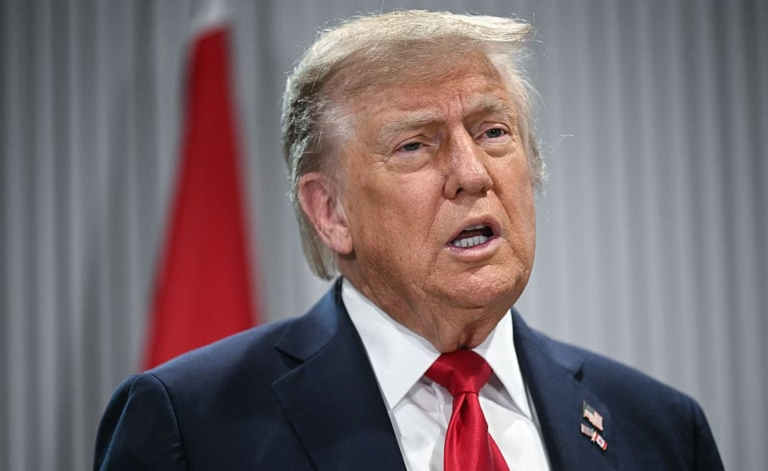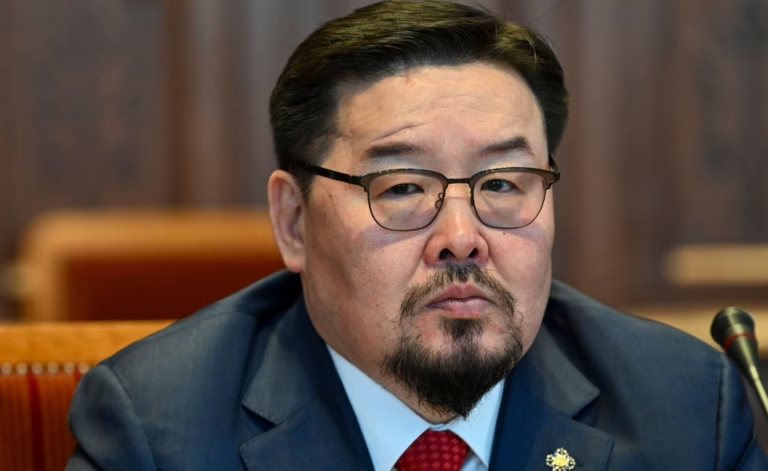The United States’ decision to include Yemen’s Houthi movement back on its list of Foreign Terrorist Organizations on March 4 has not only reversed a Biden Administration policy but also reignited discussions about the U.S. strategy in Yemen’s prolonged civil war and its humanitarian consequences. The terrorist designation, which penalizes any business dealings with the group, could exacerbate an already desperate situation where millions of Yemeni civilians depend on aid for survival. Despite Secretary of State Marco Rubio’s statement that the U.S. won’t tolerate any country engaging with terrorist organizations like the Houthis, critics argue that such a move might worsen the situation.
Iran provides the Houthis with drones, missiles, and training, enabling them to target Saudi cities, Israel, and international shipping lanes, making them more prominent in Iran’s “axis of resistance.” Both the U.S. and Israel have launched bombing raids on the Houthis, but experts like Nader Hashemi from Georgetown University think that the sanctions accompanying the designation may have a limited impact on the Houthis and are more a matter of political posturing.
Other experts agree, pointing out that the move is more about domestic politics than achieving real change on the ground. It could even heighten the threat to shipping.
The Houthis, with their Zaydi Shia Islamic ideology, view violence as resistance against perceived marginalization and foreign “occupiers,” especially Saudi Arabia. They have weaponized this ideology under the leadership of Abdul-Malik al-Houthi. Bader Mousa Al-Saif from Kuwait University emphasizes that policymakers must address the origins of these ideologies, not just their symptoms.
Yemen’s history of political division, including the Arab Spring, has contributed to the current conflict, with Saudi Arabia and the United Arab Emirates involved militarily. The Houthis have detained numerous UN staff, hindering UN efforts to resolve the conflict.
The humanitarian situation in Yemen is dire, with an estimated 19.5 million people in need of aid. Despite the aiding efforts of organizations like USAID and warnings from advocates about potential disruptions in humanitarian aid, the U.S. maintains mechanisms like general licenses to continue humanitarian assistance without undermining counterterrorism policies. Experts caution against over-compliance with sanctions, arguing that this could severely affect the Yemeni economy and livelihoods.
Source: https://time.com/7265418/houthi-terrorist-fto-status-us-relations-yemen/






